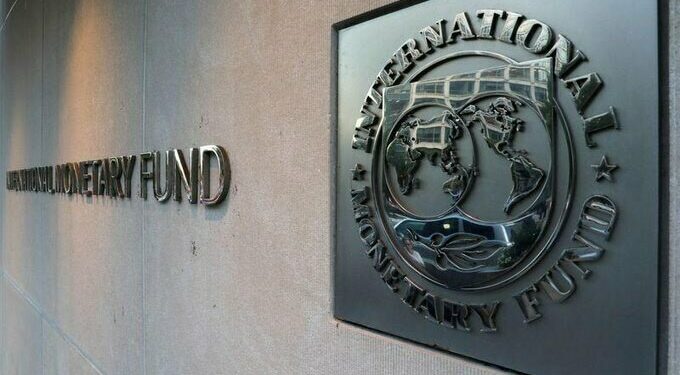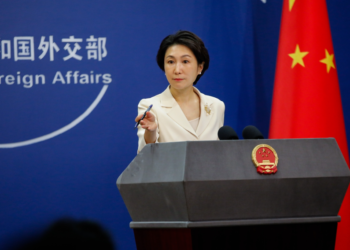After the annual meetings in November, the International Monetary Fund (IMF) will dispatch a delegation to Pakistan to begin working with the government’s preparations for the upcoming review.
Jihad Azour, the IMF’s director for the Middle East and Central Asia, made the announcement during a media event on Thursday evening.
“We now have a larger and more extensive program with Pakistan. This is to assist Pakistan in coping with the series of shocks that began with the Covid issue, for which we offered more flexibility.
The IMF official stated, “We had just finished a review that gave Pakistan $1.2 billion, and ideally we will be fielding a team to Pakistan after the annual meetings to start with the authorities preparing for the next assessment.”
In order to determine the effects on public finances, the economy, and society, Azour stated that the Fund is awaiting the results of the damage assessment being conducted by the World Bank and UNDP.
In response to a query, Azour asked Pakistan to avoid “wasting money” by providing “untargeted subsidies” to customers.
As in other regions of the world, targeting subsidies to boost certain goods hasn’t proven to be very beneficial in this area. It has shown to be highly retrograde, in my opinion,” he remarked.
“And in our regional economic forecast, we are once more examining this matter, which is demonstrating that this is not the greatest approach to use the really little budgetary space that is currently available.
Since untargeted subsidies are a waste of resources, he continued, “we are pushing Pakistan as well as other nations to move away from them and to redirect those resources to people who need them.
Azour gave the following statistic as an illustration: “The area spends on social security 2% of GDP and in certain situations what governments are paying on subsidies might be the double of that.
Therefore, he added, it was crucial to reallocate resources for people in need at this time when difficulties were growing and price increases were harming consumers.
The IMF representative went on to explain, however, “This is something that it’s not, I would say, part of the IMF conditionality’s, this is part of what is needed in order to offer the necessary protection for people who need it at a time when inflation is very high.”
It is important to note that Ishaq Dar, the Federal Minister for Finance and Revenue, met with senior figures from the World Bank, the International Monetary Fund (IMF), and other financial organisations.
The 2022 Annual Meetings of the IMF and World Bank are being held in Washington, DC, and Dar is leading Pakistan’s delegation there.
Information in this article comes from third party providers. This website does not provide explicit or implied warranty for such information and is not liable for any losses directly or indirectly caused by using such information.


















